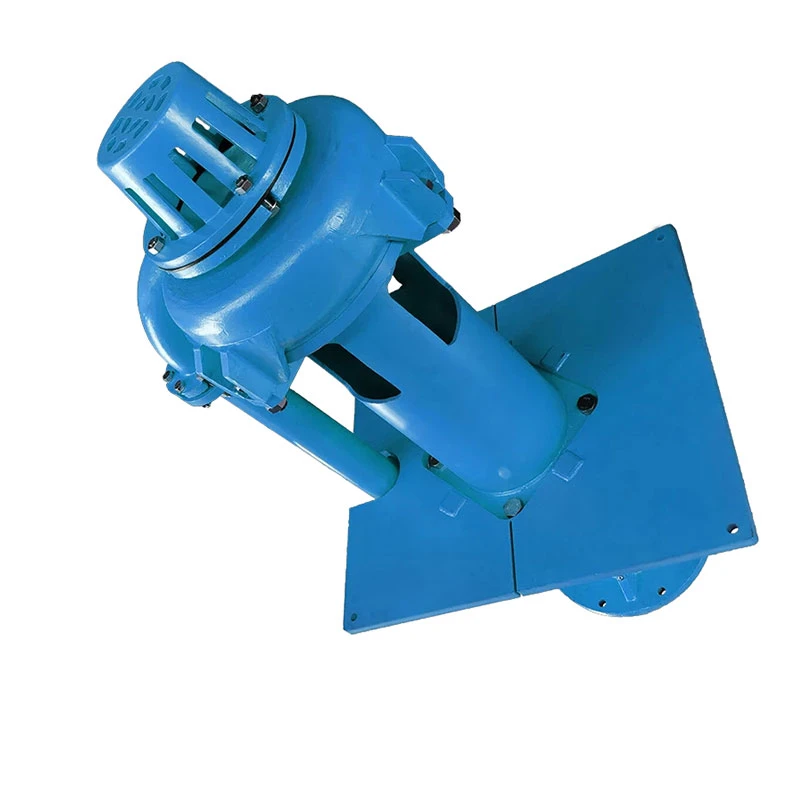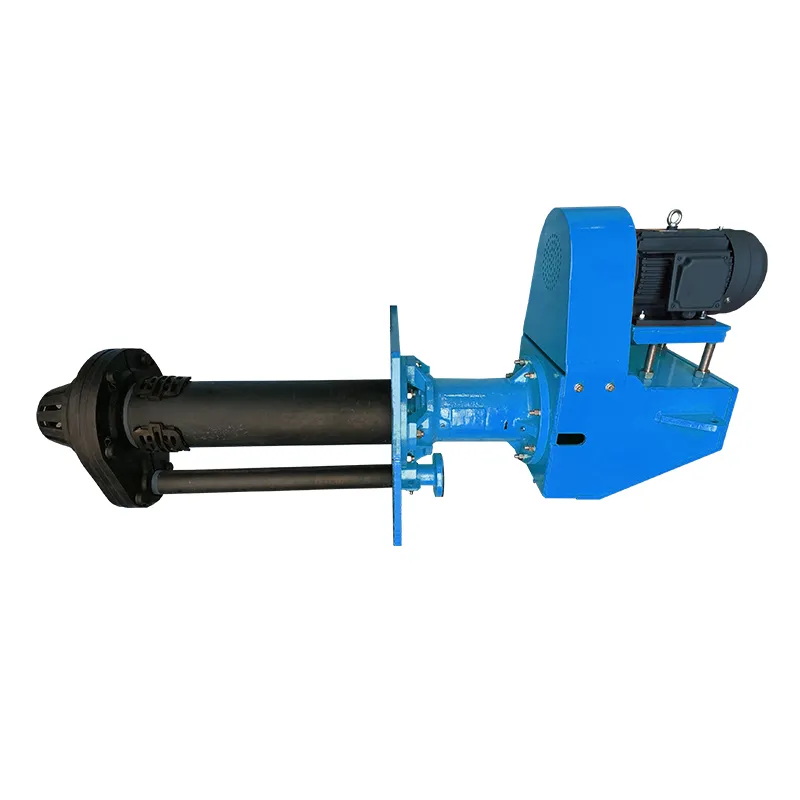-
 support@minemaxx.com
support@minemaxx.com
-
 0086-311-87833311
0086-311-87833311
 NO.8 JIHENG STREET,QIAOXI DISTRICT,SHIJIAZHUANG,HEBEI,CHINA
NO.8 JIHENG STREET,QIAOXI DISTRICT,SHIJIAZHUANG,HEBEI,CHINA
2 月 . 14, 2025 09:24
Back to list
centrifugal pump impeller material
In the realm of fluid dynamics, the centrifugal pump stands as a cornerstone, pivotal in a range of industries from water treatment to petrochemicals. A critical component within this mechanism is the impeller, a rotating component designed to transfer energy from the motor that drives the pump to the fluid being pumped. The choice of impeller material is fundamental to the pump's performance, durability, and suitability for different applications.
Bronze impellers bring exceptional advantages in marine environments, where their resistance to seawater corrosion is indispensable. The copper alloy is also known for its strength and thermal conductivity. This material is exceptionally suited for impellers on marine vessels, catering to the unique challenges posed by saline environments. Bronze impellers frequently serve in bilge pumps and other on-board systems, ensuring reliability where failure could be costly or dangerous. Furthermore, the advancements in material science have introduced high-performance alloys, such as duplex stainless steels and superalloys, which offer enhanced properties suitable for challenging applications. These materials withstand extremes of temperature and pressure, meeting the demands of industries such as oil and gas. Superalloys, for instance, maintain structural integrity under extreme thermal conditions, providing a crucial advantage in power plants and aerospace applications. Additionally, ceramic impellers, although less common, offer exceptional wear resistance and chemical inertness. In high-abrasion environments, such as those encountered in mining or slurry pumping, ceramics can outperform traditional metals, reducing maintenance needs and extending service life. However, ceramics' brittleness requires careful consideration during installation and operation to avoid mechanical damage. The decision on impeller material should be informed by a holistic view of the pump's operational environment, taking into account the fluid type, temperature, pressure conditions, and the likelihood of exposure to corrosive or abrasive agents. Consulting with material scientists and leveraging engineering insights can guide this selection process, ensuring that the pump operates optimally within its intended setting. In conclusion, the choice of centrifugal pump impeller material is not merely a technical decision but a strategic one, influencing operational efficacy, maintenance regimes, and financial outcomes. By prioritizing expertise, leveraging authoritative industry insights, and grounding decisions in real-world experience, businesses can ensure their pump systems deliver sustained performance and value. This approach not only enhances reliability but also builds trust in the pumping solutions deployed, ensuring they meet the rigorous demands of modern industry.


Bronze impellers bring exceptional advantages in marine environments, where their resistance to seawater corrosion is indispensable. The copper alloy is also known for its strength and thermal conductivity. This material is exceptionally suited for impellers on marine vessels, catering to the unique challenges posed by saline environments. Bronze impellers frequently serve in bilge pumps and other on-board systems, ensuring reliability where failure could be costly or dangerous. Furthermore, the advancements in material science have introduced high-performance alloys, such as duplex stainless steels and superalloys, which offer enhanced properties suitable for challenging applications. These materials withstand extremes of temperature and pressure, meeting the demands of industries such as oil and gas. Superalloys, for instance, maintain structural integrity under extreme thermal conditions, providing a crucial advantage in power plants and aerospace applications. Additionally, ceramic impellers, although less common, offer exceptional wear resistance and chemical inertness. In high-abrasion environments, such as those encountered in mining or slurry pumping, ceramics can outperform traditional metals, reducing maintenance needs and extending service life. However, ceramics' brittleness requires careful consideration during installation and operation to avoid mechanical damage. The decision on impeller material should be informed by a holistic view of the pump's operational environment, taking into account the fluid type, temperature, pressure conditions, and the likelihood of exposure to corrosive or abrasive agents. Consulting with material scientists and leveraging engineering insights can guide this selection process, ensuring that the pump operates optimally within its intended setting. In conclusion, the choice of centrifugal pump impeller material is not merely a technical decision but a strategic one, influencing operational efficacy, maintenance regimes, and financial outcomes. By prioritizing expertise, leveraging authoritative industry insights, and grounding decisions in real-world experience, businesses can ensure their pump systems deliver sustained performance and value. This approach not only enhances reliability but also builds trust in the pumping solutions deployed, ensuring they meet the rigorous demands of modern industry.
Previous:
Latest news
-
Wet Parts for Optimal PerformanceNewsOct.10,2024
-
Vertical Pump Centrifugal SolutionsNewsOct.10,2024
-
Top Slurry Pump ManufacturersNewsOct.10,2024
-
The Ultimate Guide to Centrifugal Pump for SlurryNewsOct.10,2024
-
Pump Bearing Types for Optimal PerformanceNewsOct.10,2024
-
A Guide to Top Slurry Pump SuppliersNewsOct.10,2024
-
Slurry Pump Parts for Optimal PerformanceNewsSep.25,2024

